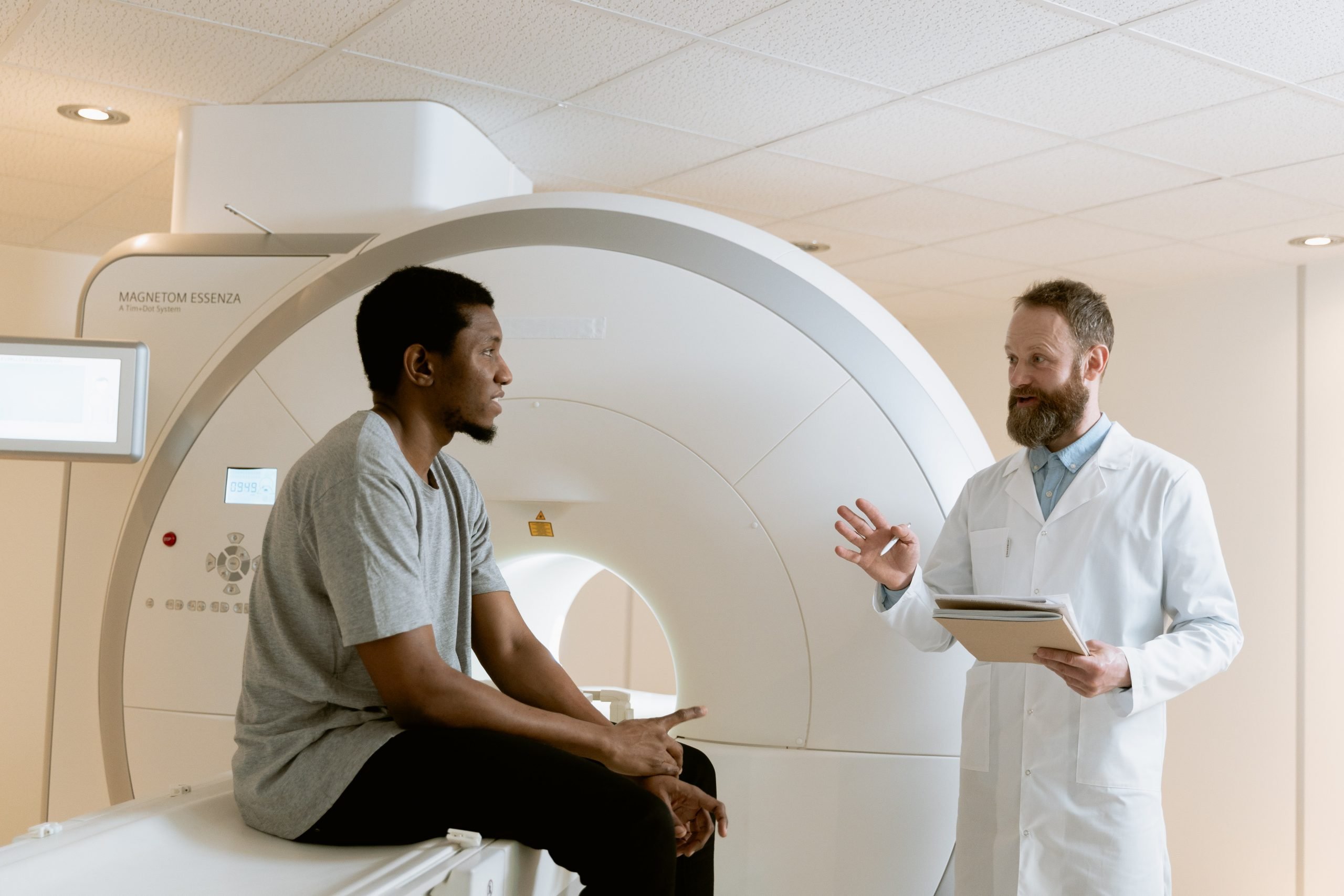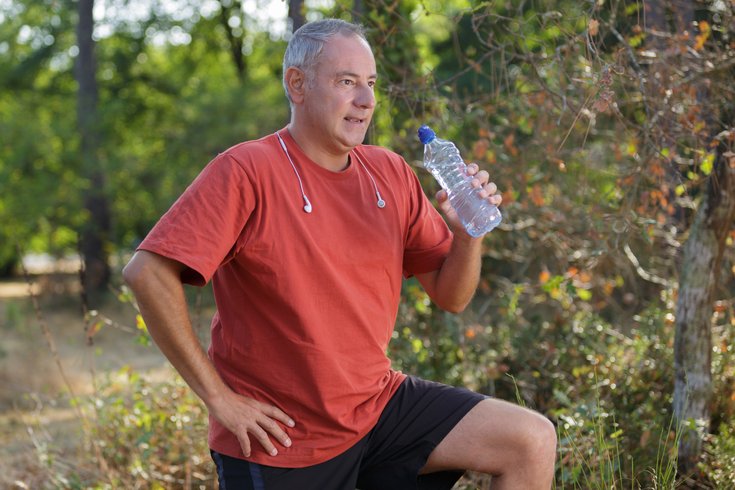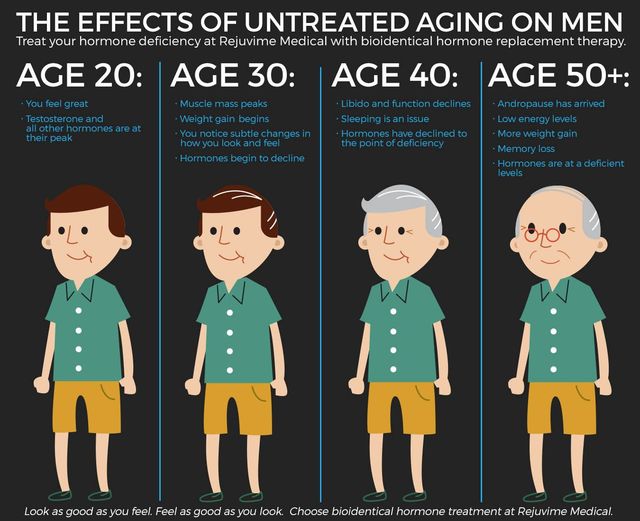Disclaimer: This article is for informational purposes only and not a substitute for professional medical advice. Always consult a qualified healthcare provider for diagnosis or treatment recommendations.
What Really Happens to Men’s Health as They Age — Doctors Explain the Facts
Aging is a natural part of life, yet for many men, it can bring changes they never quite expected. While wrinkles, gray hair, and slower metabolism are often discussed openly, other aspects of men’s health are still surrounded by silence and misunderstanding. Many of these changes are completely normal, but understanding what’s happening inside the body — and how to respond — can make all the difference in maintaining vitality and well-being later in life.

The Natural Course of Aging in Men
According to the National Institute on Aging (NIA), the male body begins to change gradually after the age of 30. Some of these changes are visible — such as thinning hair and reduced muscle mass — while others are more subtle, including shifts in hormone levels, metabolism, and cardiovascular health.
Doctors emphasize that aging itself is not a disease. Instead, it’s a biological process influenced by genetics, lifestyle, nutrition, and physical activity. With proper care, many men can remain active, healthy, and mentally sharp well into their later years.

1. Hormonal Changes: The Gradual Decline
One of the most common changes men experience as they age involves hormone levels, particularly testosterone. According to Harvard Health Publishing, testosterone levels typically decrease about 1% per year after age 30. This slow decline, sometimes referred to as “andropause,” may cause mild symptoms such as lower energy, mood shifts, or reduced muscle strength.
However, experts caution that not every man will feel a significant difference. The Mayo Clinic notes that testosterone replacement therapy is not recommended for everyone and should only be considered under medical supervision when clinically necessary. Regular exercise, maintaining a healthy weight, and adequate sleep can help support natural hormone balance.

2. Metabolism and Weight Changes
Many men notice that maintaining their weight becomes more difficult with age. This is largely due to a slower metabolism and a natural decrease in muscle mass. According to the Centers for Disease Control and Prevention (CDC), men lose about 3–5% of muscle mass per decade after age 30 if they are not physically active.
The good news? Resistance training and protein-rich diets can help maintain lean muscle and boost metabolism. Simple habits like strength exercises, brisk walking, and balanced meals rich in vegetables, whole grains, and lean protein can go a long way in keeping energy levels steady.

3. Cardiovascular Health: Protecting the Heart
The heart and blood vessels also undergo gradual changes over time. Arteries can become stiffer, and blood pressure may rise. The American Heart Association (AHA) highlights that men over 40 have a higher risk of heart disease, but early prevention can make a huge difference.
Key prevention steps include:
-
Regular blood pressure and cholesterol monitoring
-
A diet low in saturated fats and sodium
-
Quitting smoking and limiting alcohol consumption
-
Engaging in at least 150 minutes of moderate aerobic activity per week
Heart health is central to overall well-being, and small daily actions can greatly reduce long-term risk.

4. Muscle, Bone, and Joint Health
Muscle strength and bone density naturally decline with age. The NIH Osteoporosis and Related Bone Diseases Center reports that men begin to lose bone mass in their 50s, although less rapidly than women. Low-impact exercise such as swimming, yoga, and strength training helps maintain strong bones and flexible joints.
Vitamin D and calcium intake also play vital roles. Sun exposure, dairy products, and fortified foods are excellent sources of these nutrients.
5. Brain and Cognitive Function
Memory lapses and slower thinking speed are common concerns as men age. While these changes are often mild, the Alzheimer’s Association emphasizes the importance of early lifestyle habits that protect brain health.
These include:
-
Engaging in mentally stimulating activities (reading, puzzles, learning new skills)
-
Maintaining social connections
-
Managing stress and sleep quality
-
Following a Mediterranean-style diet rich in omega-3 fatty acids, fruits, and vegetables
Studies show that lifelong learning and social engagement can significantly lower the risk of cognitive decline.

6. Sleep and Energy Levels
Changes in sleep patterns are another hallmark of aging. The Sleep Foundation reports that older adults often experience lighter sleep and more frequent awakenings. Factors like stress, caffeine, or underlying medical conditions can contribute to poor rest.
Improving sleep hygiene — such as maintaining a consistent bedtime, limiting screen time before bed, and keeping the bedroom cool and dark — can help improve sleep quality and daytime energy.
7. Mental and Emotional Health
Emotional well-being is equally important. Men may be less likely to discuss feelings of stress or sadness, which can sometimes lead to anxiety or depression. According to the National Institute of Mental Health (NIMH), men often experience depression differently, showing signs such as irritability, fatigue, or loss of interest rather than overt sadness.
Talking to a healthcare provider, engaging in hobbies, and staying connected with loved ones are crucial steps in supporting mental health.

8. Prostate and Urinary Health
As men get older, the prostate gland may gradually enlarge — a condition called benign prostatic hyperplasia (BPH). The Urology Care Foundation explains that this is a common, non-cancerous condition that can cause changes in urinary habits.
Maintaining a healthy diet, regular check-ups, and hydration can help manage symptoms. Men should also discuss any new or persistent urinary issues with their doctors for appropriate evaluation.
9. The Importance of Regular Checkups
Routine medical visits become increasingly valuable with age. Regular screenings — including blood pressure, cholesterol, diabetes, colon cancer, and prostate exams — help detect conditions early when they are most treatable.
The U.S. Preventive Services Task Force (USPSTF) recommends that men over 50 have yearly wellness exams and discuss personalized screening schedules with their physicians.

10. Healthy Aging: A Holistic Approach
Ultimately, aging well is about balance — caring for the body, mind, and emotions together. Staying active, eating nutritiously, sleeping well, and nurturing relationships all contribute to long-term vitality.
The goal is not to avoid aging, but to embrace it with awareness and proactive choices. Every decade brings its own strengths and lessons, and modern medicine provides more tools than ever to help men thrive through each stage of life.
Conclusion
Aging is not the end of vitality — it’s a transition into a new phase of life, filled with opportunities to live with intention, wisdom, and resilience. By staying informed and making healthy decisions early, men can enjoy greater independence, energy, and confidence as the years go by.
Health professionals agree: small changes today can have a lasting impact tomorrow. It’s never too late to invest in your well-being.



